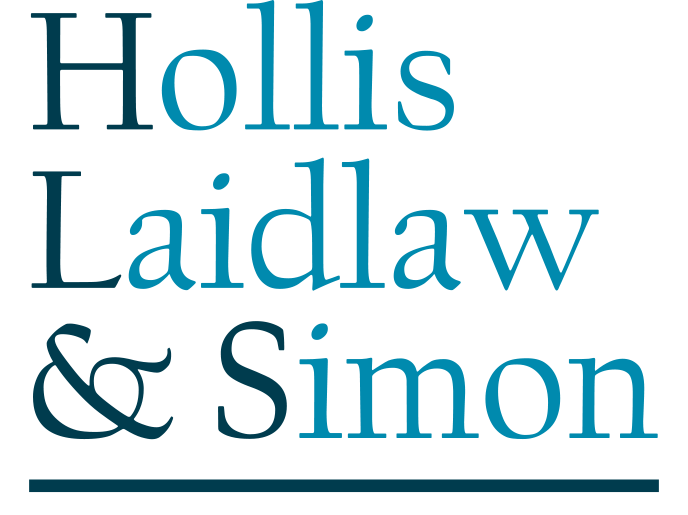Do you remember what time of day your child was born? In our household, we have a lot of fun with that specific time. Children, of course, yearn for the cache that comes with another year, so when they pop out of bed, beaming as a newly minted seven-year-old, for example, we say, “Not so fast! Not until 11:17am!” Anticipation heightens, young eyes are glued to the clock, and finally the magic minute arrives! Seven at last! See how big I am?!
The same scenario has played itself out over the years in one way or another, and it’s always a wonderful time. Six suddenly turns into (maybe not so big as they think) seven, family life goes on and nothing changes. Seventeen suddenly turns into (maybe not so big as they think) eighteen, family life goes on and nothing … and EVERYTHING changes. Your child is still your beautiful child in all the most important ways, but legally, your newly minted adult is a stranger to you! Legally, the implications are twofold. As crazy as it may seem since they’re still on your health plan and you’re still paying the bills, you no longer have the right to make healthcare or financial decisions for them.
What does this mean as your young adult heads off to college?
Let’s consider healthcare first. Imagine that your student ends up in the ER, infirmary or hospital after eating at a not so savory, but cheap, off campus restaurant. In a panic, you call only to be told by the hospital staff that due to privacy laws, the doctor can’t speak to you or give you any information about your child. Taken a step further, if your child became incapacitated and was wholly unable to make a decision, you might need a court approval to act on her or his behalf. Some states do have surrogate decision-making laws for specific family members, but it’s not guaranteed, and while it’s true that a medical provider may choose to disclose protected information to a family member if, in their judgment, it serves the best interest of the patient, providers generally adhere to patient privacy, especially if you are unknown to them.
The same holds true for your child’s financial matters. Even though you may be paying the tuition, the agreement is between the school and student. You have no right to check that tuition payments have been made, checking account funds are being responsibly managed, scholarship forms have been properly filled out, taxes paid, or any number of similar matters.
The solution to these problems lies in Advance Directives. We advise that new young adults execute an Advance Medical Directive with accompanying HIPAA Release and a Durable Power of Attorney, giving their parents the power to act as surrogate decision makers while their children are in college.
Advance Medical Directive / HIPAA Release
If your child has signed an advance medical directive appointing you as his or her agent, you will immediately be able to make healthcare decisions on your child’s behalf if he/she is unable to do so. It may also allow you to to specify instructions to doctors for medical treatment under various scenarios. The HIPAA release allows you to access your child’s health information and communicate with his/her healthcare providers currently. It can assist in requesting copies of medical records, speaking with doctors and dealing with insurance claims.
Students attending colleges out of state should fill out forms relative to their home state and school state. Some schools may have their own forms, which should also be signed. When a healthcare provider sees it, you want them to recognize and be familiar with it.
Durable Power of Attorney
A Durable Power of Attorney allows you to act on behalf of your child with regard to financial transactions. It can be a “springing” power of attorney which only goes into effect if your child is incapacitated at some point in the future, or it can be “current” which means it is effective immediately. This can be especially helpful if your child is studying abroad or taking a gap year, and can’t easily sign financial and other documents, such as car registrations, in the normal course of business.
Both the Advance Medical Directive and Durable Power of Attorney can be tailored to each family’s particular situation. Make sure you send the documents with your child and keep copies for yourself. Also, keep electronic copies that can be emailed in an emergency situation.
By executing these documents, you and your young adult will have the peace of mind knowing that the safety net on which they have all relied since birth will remain in place until such time as the children really are “as big as they think” and ready to be totally on their own.
Come visit the attorneys at Laidlaw & Simon. We can discuss all of these issues with you and help you determine what is best in your individual situation.
Even if you choose not to use our firm, please … do this. It’s that important













